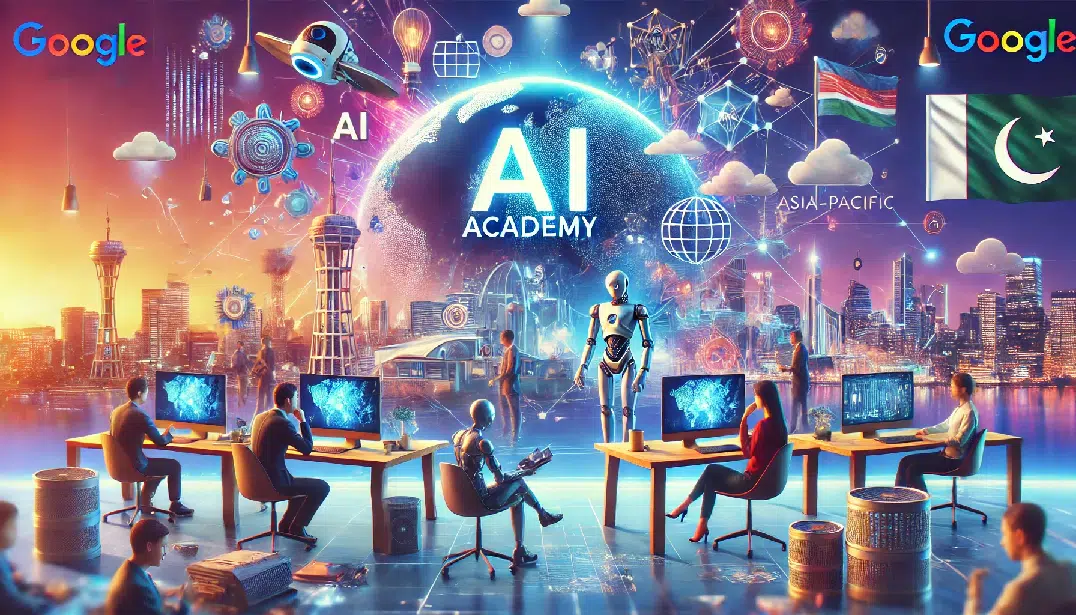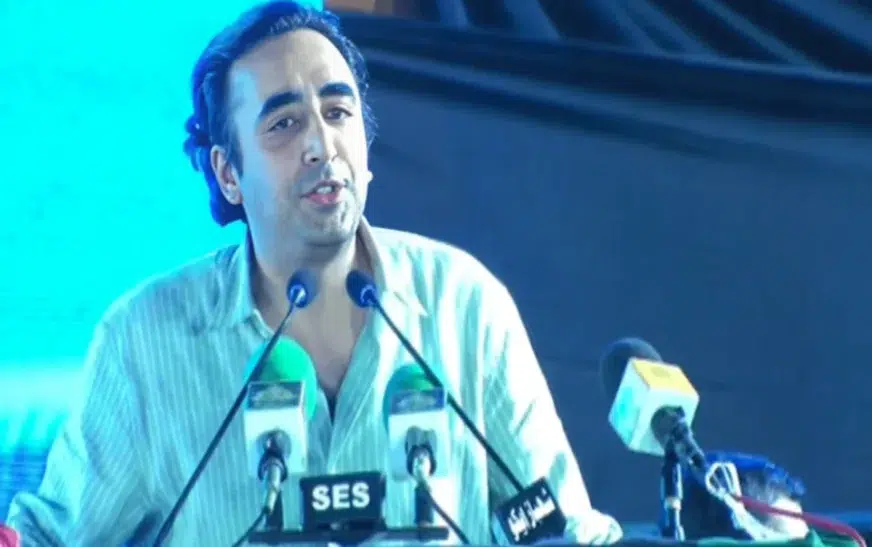As companies evaluate the performance of their youngest employees, a concerning trend has emerged: Gen Z workers, fresh out of college, are being let go at higher rates than their older peers.
A recent study provides valuable insights into the underlying reasons, shedding light on the challenges facing both employers and these young professionals.
Challenges of workplace adaptation
One of the primary factors identified in the study is the difficulty many Gen Z employees face in adapting to traditional workplace dynamics. According to Huy Nguyen, Chief Education and Career Development Adviser at Intelligent.com, these young professionals “may possess theoretical knowledge from their academic training but often lack the practical, real-world experience necessary to thrive in the workforce.”
The shift from the structured environment of education to the more fluid and autonomous nature of the modern workplace proves disorienting for many.
Deficit in professionalism and soft skills
The study further reveals that many Gen Z hires struggle with professionalism, with approximately 46 per cent of employers expressing dissatisfaction in key areas such as communication and workplace etiquette. Effective interpersonal skills, critical for success in collaborative settings, are seen as a major weakness for this generation.
Bryan Driscoll, an HR consultant, attributes this gap to an overemphasis on theoretical learning in modern education. He remarked, “Learning Greek mythology is certainly interesting, but how does that prepare someone to communicate effectively in a corporate meeting?”
This lack of preparation for practical, professional situations is leading to a disconnect between what employers expect and what young workers bring to the table.
Short attention spans and high expectations
Gen Z’s upbringing in the digital age may also be contributing to the difficulties they face at work. Many employers report that this generation has shorter attention spans and higher expectations for work-life balance and mental health support.
Read More: 5 meditation exercises to help you cope with chronic stress
These characteristics have led some older managers to label them as “high maintenance,” further fueling the generational divide.
Is it generational mismatch?
Not all experts believe the issue lies solely with Gen Z employees. Jessica Kriegel, Chief Strategy Officer at Culture Partners, suggests that the problems may stem from generational misunderstandings.
“Stereotypes about young workers have always existed,” she notes. “What defines a great employee isn’t their generation, but their values and experiences.”
Bridging the gap: what can be done?
Finding a solution may require addressing the expectations and needs of both Gen Z employees and their employers. Karla Trotman, CEO of Electro Soft Inc., advocates for adapting workplace benefits to appeal to younger talent. She highlights that industries like manufacturing need to offer perks such as hybrid work models and mental health support if they wish to attract and retain Gen Z workers.
While Gen Z employees are indeed facing significant challenges in the workforce, the onus is on both employers and young workers to bridge the gap. By providing better training and fostering a greater understanding of the evolving workplace, companies may find it easier to integrate and retain Gen Z talent, ultimately leading to mutual success.















